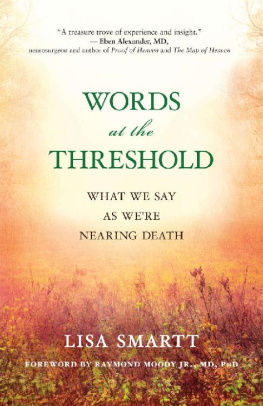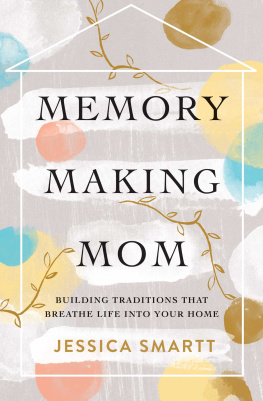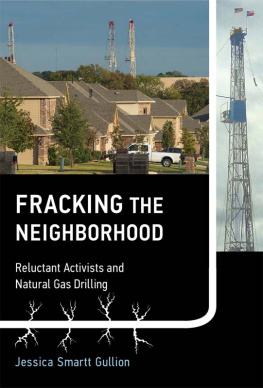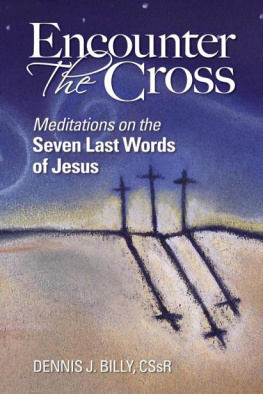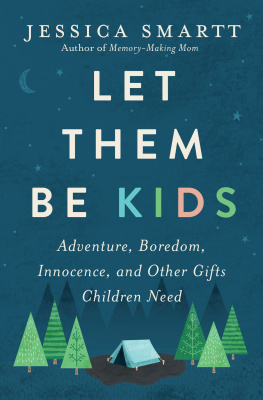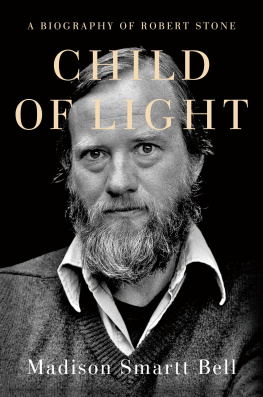Lisa Smartt - Words at the Threshold: What We Say as We’re Nearing Death
Here you can read online Lisa Smartt - Words at the Threshold: What We Say as We’re Nearing Death full text of the book (entire story) in english for free. Download pdf and epub, get meaning, cover and reviews about this ebook. year: 2017, publisher: New World Library, genre: Science. Description of the work, (preface) as well as reviews are available. Best literature library LitArk.com created for fans of good reading and offers a wide selection of genres:
Romance novel
Science fiction
Adventure
Detective
Science
History
Home and family
Prose
Art
Politics
Computer
Non-fiction
Religion
Business
Children
Humor
Choose a favorite category and find really read worthwhile books. Enjoy immersion in the world of imagination, feel the emotions of the characters or learn something new for yourself, make an fascinating discovery.
- Book:Words at the Threshold: What We Say as We’re Nearing Death
- Author:
- Publisher:New World Library
- Genre:
- Year:2017
- Rating:5 / 5
- Favourites:Add to favourites
- Your mark:
Words at the Threshold: What We Say as We’re Nearing Death: summary, description and annotation
We offer to read an annotation, description, summary or preface (depends on what the author of the book "Words at the Threshold: What We Say as We’re Nearing Death" wrote himself). If you haven't found the necessary information about the book — write in the comments, we will try to find it.
final words of inventor Thomas Edison
A persons last words often take on an eerie significance, giving tantalizing clues about the ultimate fate of the human soul. Until now, however, no author has systematically studied end-of-life communication by using examples from ordinary people. When her father became terminally ill with cancer, author Lisa Smartt began transcribing his conversations and noticed that his personality underwent inexplicable changes. Smartts father, once a skeptical man with a secular worldview, developed a deeply spiritual outlook in his final days a change reflected in his language. Baffled and intrigued, Smartt began to investigate the near-death utterances of others, collecting over a hundred case studies with interviews and transcripts. InWords at the Threshold, Smartt decodes the symbolism of those last words, showing how the language of the dying points the way to a transcendent world beyond our own.
With Words at the Threshold, Lisa Smartt has given the world of near-death studies a fresh new path for research. Deeply moving and meticulously researched, this book offers a feast of fresh information about communications with the other side that may take place at the time of death. This is an insightful book worth reading. Paul Perry, coauthor of Glimpses of EternityRarely can we say a book has the ability to profoundly affect the way we live and think, but Words at the Threshold is truly such a book. The research is impeccable, and the insights that Lisa Smartt gives us into the realm of the threshold open doors of perception that help us understand what it is to be part of the human experience. Michael Wayne, PhD, LAc, author of The Quantum Revolutionand producer and host of Interviews with the Leading EdgeWords at the Threshold is a treasure trove of experience and insight around the last words spoken by the dying, as revealed through the mind of a linguist, proposing that birth and death are different facets of the same process, that both are essential in the cycle of life, and that our soul connections do not end with death. The words of the dying provide some of the most salient clues as to how we can best live our lives on earth. Eben Alexander, MD, neurosurgeon and author ofProof of Heaven and The Map of HeavenWords at the Threshold marks a new era in the understanding of the process of dying. Lisa Smartts work has profound psychological, spiritual, and clinical implications for the care of terminally ill patients and their families. And I believe that her work also opens unexplored pathways for the genuinely rational investigation of humankinds deepest mystery: the prospect of life after death. from the foreword by Raymond Moody Jr., MD, PhD,author of Life After LifeLisa Smartt gently invites us to listen to the utterances of the dying with an inner ear attuned to another kind of reality. She charts how the dying use eerily familiar metaphors, symbols, time loops, and more to express their expanded, nonlinear experiences. In so doing, Smartt affords us a precious glimpse of their inner worlds as they linger at the threshold of death. Through her linguistic analysis of nonsense on the lips of the dying, the underlying creativity and purpose of final words are revealed. Words at the Threshold is a significant step toward transforming the current views of dying from a process of failure into a process of ever-deepening meaning and wonder. Julia Assante, PhD, author of The Last Frontierhttps://www.theatlantic.com/family/archive/2019/01/how-do-people-communicate-before-death/580303/
Lisa Smartt: author's other books
Who wrote Words at the Threshold: What We Say as We’re Nearing Death? Find out the surname, the name of the author of the book and a list of all author's works by series.

